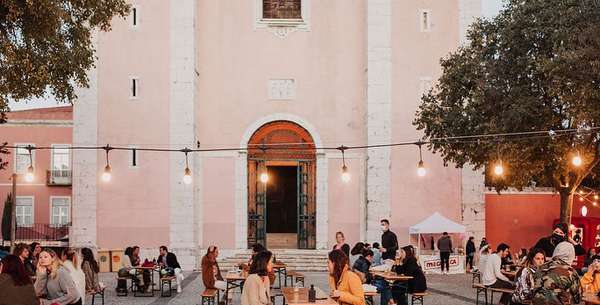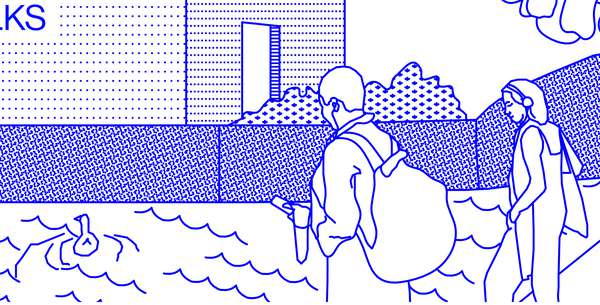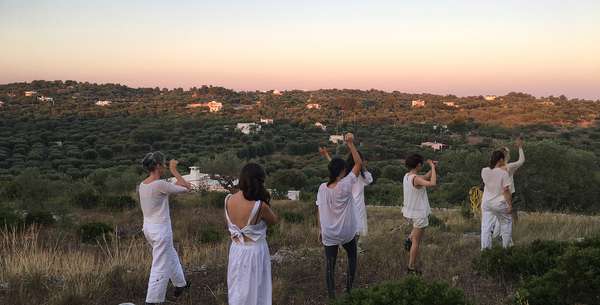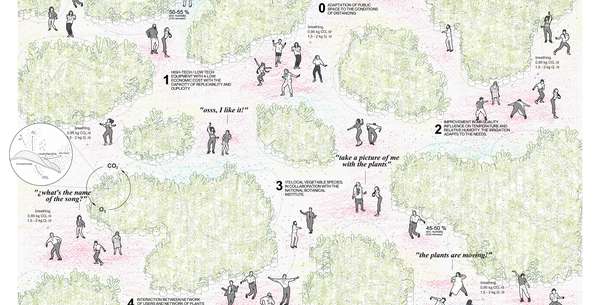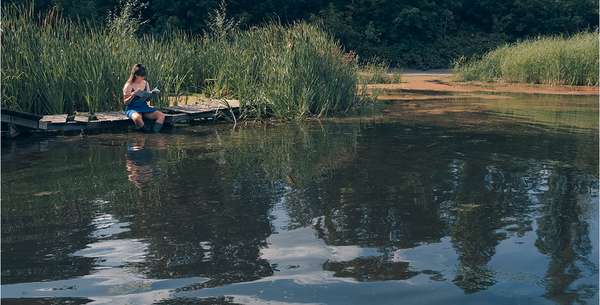Movement Forum
Movement Forum is a mobile laboratory that is addressing urgent questions in the design of urban (im)mobilities. It will bring together spatial and choreographic practitioners to explore how new, shared methodologies spanning these fields could be developed in response to injustice and unsustainability in urban movement. How can new forms of interdisciplinarity between city-making and dance-making help engender care for bodies, both human and non-human, in urban landscapes?
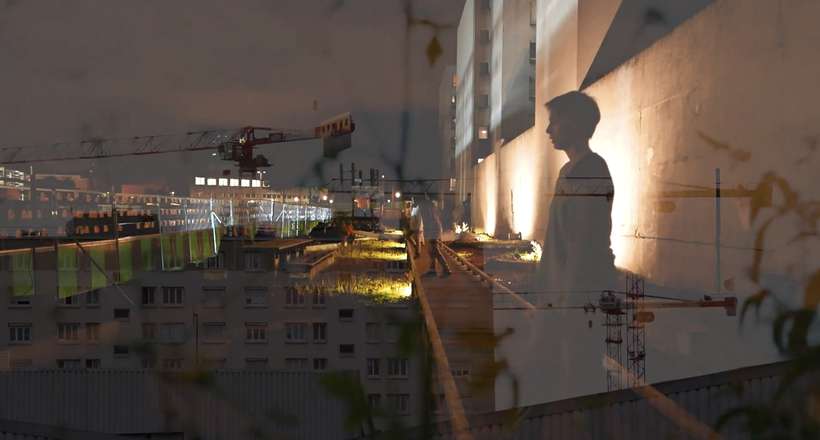
Movement Forum is a mobile laboratory that is addressing urgent questions in the design of urban (im)mobilities. It will bring together spatial and choreographic practitioners to explore how new, shared methodologies spanning these fields could be developed in response to injustice and unsustainability in urban movement. How can new forms of interdisciplinarity between city-making and dance-making help engender care for bodies, both human and non-human, in urban landscapes?
Theatrum Mundi will collaborate with FA Fellows à la sauvette, to develop their idea Dance is Politics as a methodology for embodied space-making in relation to questions of mobility justice in each city. Inviting a local choreographer to conceive of a collective movement responding to each theme, we will stage a party as an experiment in temporary transformation of socio-spatial conditions. Local practitioners and researchers, particularly our recent research placement Rebecca Faulkner, will participate in each laboratory to investigate and map a question of mobility injustice, experience its transformation in a party, and reflecting together on the design strategies that emerge as a result.
LABS-
London: Power and Gender
18-19 September
Recent events in London have served as a tragic reminder of a reality that could already not be ignored: gender-based power dynamics still shape access to and safety in public space not only through direct violence but through the abstract power exerted by male-dominated institutions over the design of legal and spatial infrastructures of the public. How can these abstract and incarnated dynamics be revealed and resisted? By what strategies can infrastructure be de- or re-gendered?
Paris: Wildness and the Non-Human
1-2 October
Paris’ city hall has announced it will ‘rewild’ the city, establishing forests at its centre in an attempt to remain habitable in the context of climate breakdown. This represents an appropriation of nature for human survival, but what about the rights of these non-human lifeforms to decide their own place in the city? Are we truly ready to invite wildness into cities, to relinquish human control, and to allow non-human regimes of mobility their own autonomy? What will human movement look like in a post-anthropocentric city?
Lisbon: Topographies of Body and Landscape
16-17 October
Lisbon is a city defined by topography, and by the stairs that act as infrastructures to navigate that topography. But what topographies of bodies are assumed by those infrastructures? The geometries and materialities of stairs create spaces of humanness - we still do not have vehicles that can traverse them - but a humanness that is fundamentally limited. How can these particular spaces be reclaimed by a more diverse set of bodies? How can their humanness be expanded and celebrated?
Background:
The activity responds to the increasing need for more socially and environmentally sustainable ways to think about city-making based on care in interactions of materials and flows, human and non-human bodies. Particularly, it owes an intellectual debt to the concept of mobility justice developed by Mimi Sheller, which links scales to ask not just who has the right to movement, but who has the right to be still, and the negative impact of global hypermobility on everyday urban dwelling. Contemporary cities face challenges as a result of material and financial flows and consumption globally. Geopolitical boundaries protect economic interests rather than social ones while recent pandemics spread, and rearrange new territories and ecologies following migration logics that are inextricably connected to financial flows. Liquid boundaries, drawn by citizen action, fulfill the spaces that the free market hasn’t commodified yet, and that state of exception policies are unable to control. The flows of people generate new modes of neighbourhood and political commitments that demand care, empathy, and awareness of the other. Experiments mobilising choreographic thinking within spatial design are offering new ways to understand these inequalities, and our aim is to showcase and refine these as a new field of practice able to respond to the challenges.
Enter ROOM 23
Enter ROOM Reclaiming public space
Enter ROOM Climate Care
Enter ROOM F_WALKS
Enter ROOM Dance is politics
